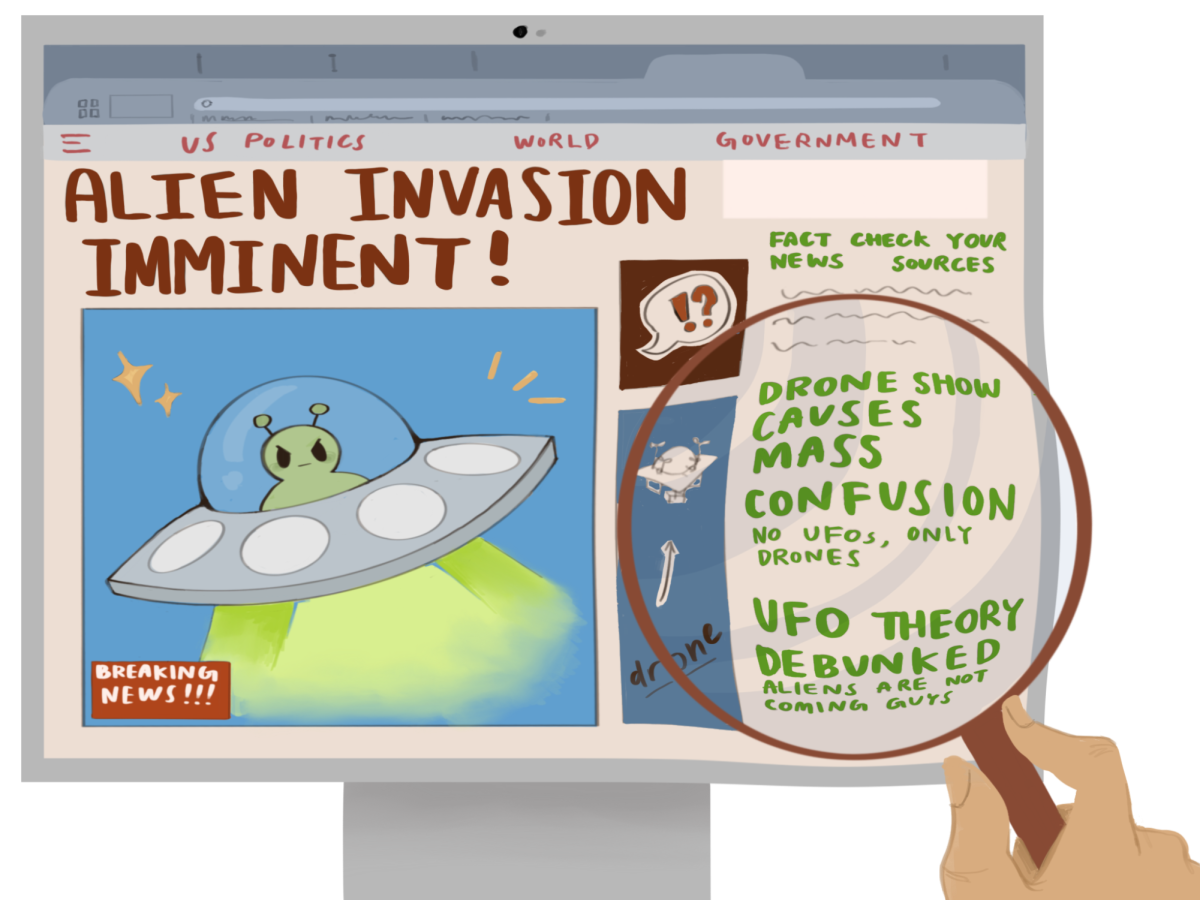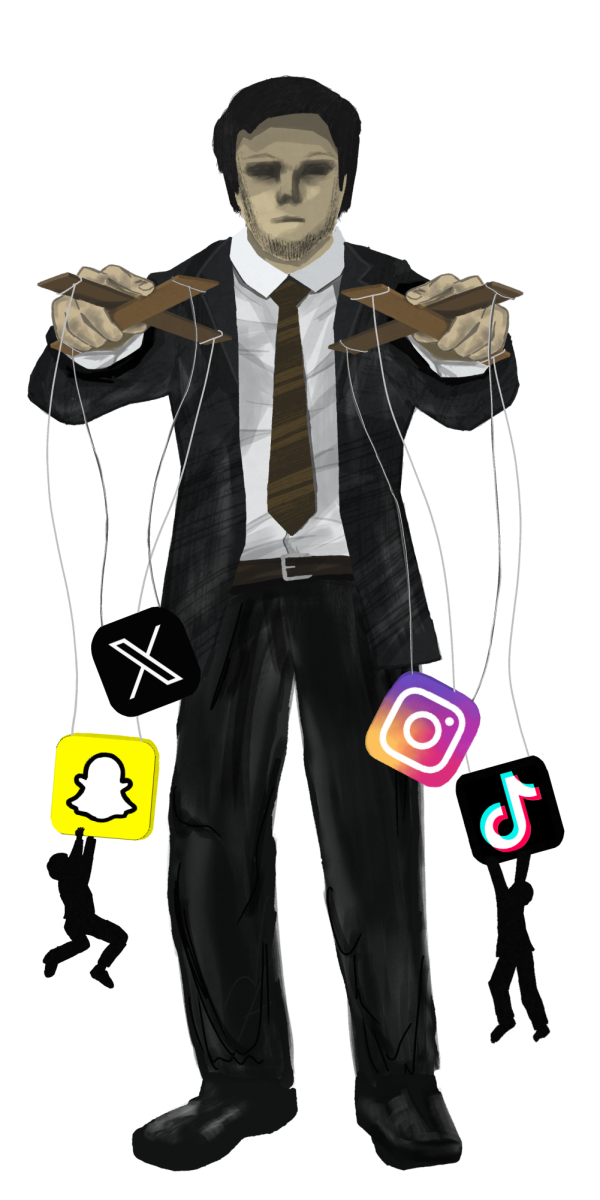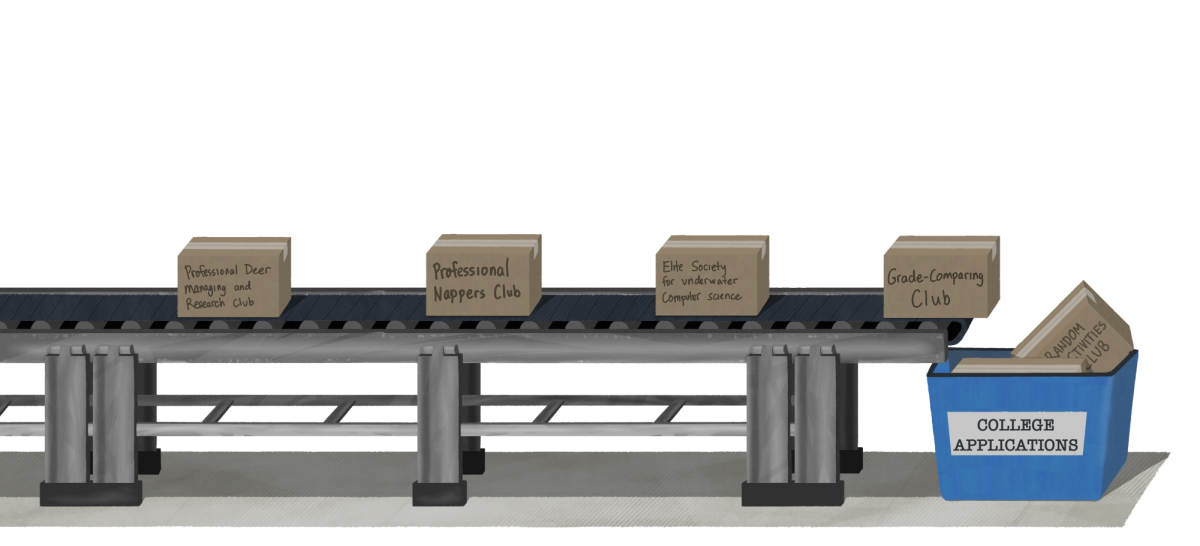Written by Naina Murthy
Published in the October 8, 2015 issue
Palo Alto prides itself on being progres-sive, but when it comes to diversity, it has hit a wall. To some extent, the wealth and good weather have created a bubble that surrounds and hides our city from the social issues of the world. We have built up a blindness in Palo Alto—we believe we have already reached the limit of diversity and no longer need to keep working. It is clear, however, that Palo Alto is not yet where it should be.
Every now and then as I walk down the halls, I hear racial slurs getting thrown around—and no one gives them a second thought. Phrases like “that’s so gay” or “that’s so retarded” are still commonly used despite the numerous pro-diversity activities held at Gunn. So it is not that we are ignorant of what we are saying, it is that we have created an environment in which we don’t think before we speak and persist in believ- ing that a problem doesn’t exist. Even if our words are not hurting someone directly, we are still adding to a monster of ignorance and disrespect. In a terrible cycle, we think we are above policing what we say because no one has actually gone out of their way to tell us to stop.
In a competitive environment like Gunn, it’s hard not to feel like you aren’t performing up to par with other students. Sadly, on many occasions I have heard people say a certain person only got a good grade because he or she was a certain race. It is unbelievable that some people would make these comments without hesitation. It’s clear to me that people get good grades because they work their butts off to be where they are—they deserve to be rewarded for that, not discredited because of their race.
Some of my own experiences with racial discrimination have also taken place at school. In my freshman year of high school, I decided to take Bio 1A, which was the middle lane. A few people questioned my decision. They asked me why I hadn’t decided to take Bio 1AC. When I responded that Bio 1AC was not the right class for me, they responded with, “But you’re Indian.” It didn’t really hurt my feelings; I’d heard remarks like that quite a few times already. Everyone knows the stereotype that Asian parents are super high-strung and expect nothing but the best, but that is the problem. It might not have hurt me on the surface, but these kinds of comments enforce pressure for us to “succeed” because they perpetuate a belief that the classes we take and the grades we receive ultimately define how hard we work. Gunn is taking the right steps to combat problems with events like Not In Our Schools (NIOS) Week, but the week does not address the issue completely.
Over the last four years, the number of NIOS Week classroom lessons has drastically decreased. This year, only one of my classes actually took time out of the period to talk about sexism, which is just one of many relevant social problems today. When NIOS week ends, we also tend to push aside what we have learned and continue with how we were before the one-week conversation started. Sadly, NIOS has also turned into the punchline of an inside joke, a response to someone who says something rude or politically incorrect. Our week set aside to celebrate diversity is barely relevant to us; I think that very fact shows a lot.
I truly believe that just the conscious knowledge of what we say and the effect it has on others can help us go a long way. We gladly accept that we are progressive because Palo Alto’s success and liberalism blinds us from the racial problems around us. We insist on remaining unable to see the persistence of prejudice and discrimination, yet the truth of the matter is, we are far from where we think we are. If we continue to think we are perfect, we will never change.











